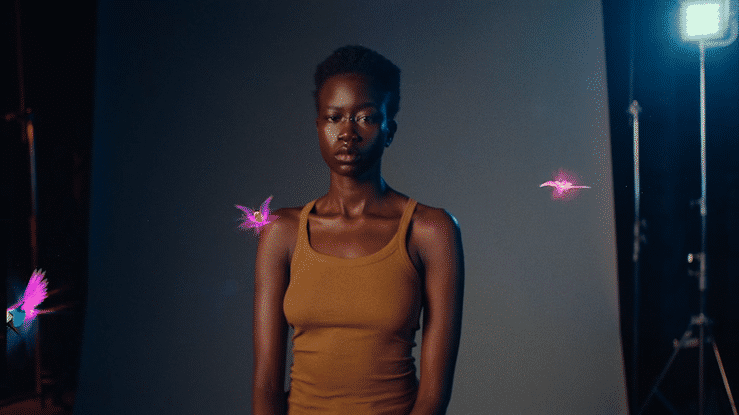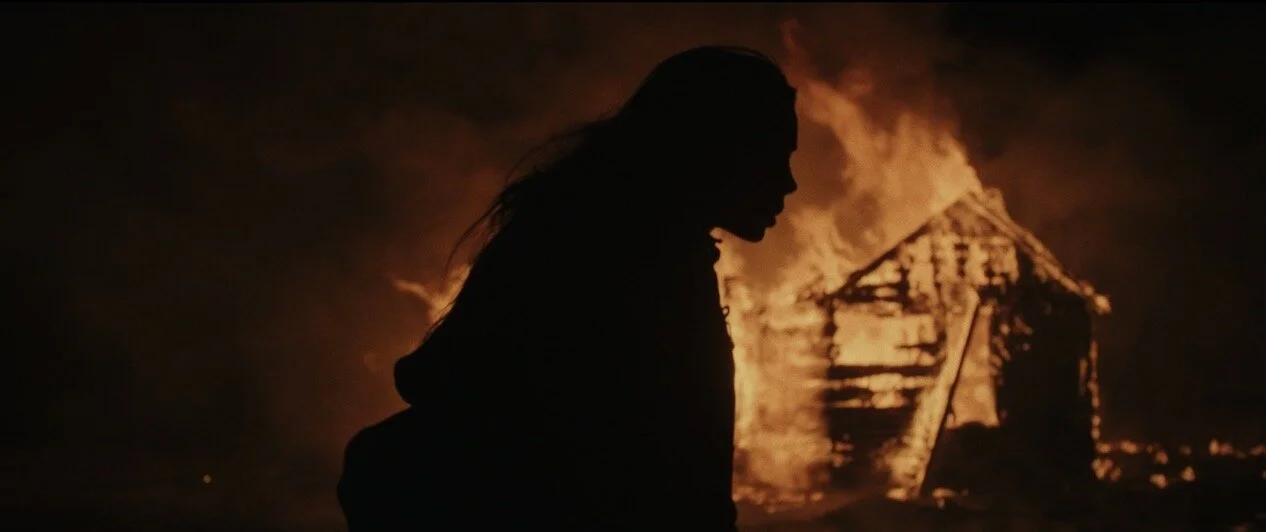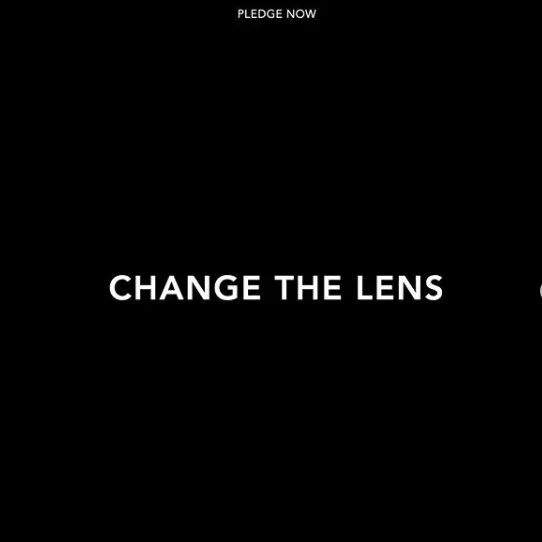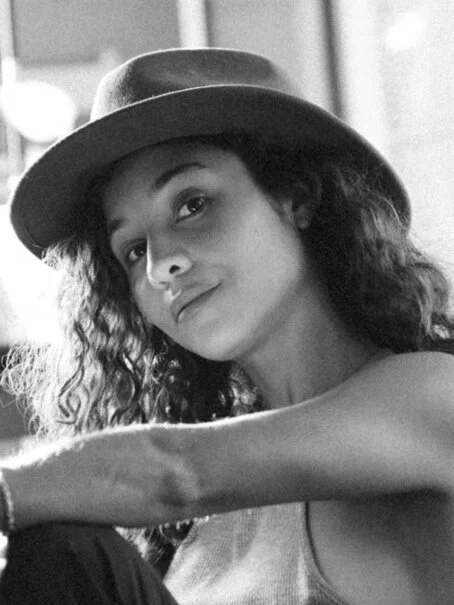LATEST
“Historically, cameras haven’t captured darker complexions well, which is why we’re building a more inclusive Camera that works for every Snapchatter regardless of their skin tone.”
No one could have predicted 2020… except for Hollywood. As everyone on earth noted earlier this year, Steven Soderbergh’s Contagion did a fine job of predicting how a Covidesque virus could wreak havoc with every aspect of our lives. But other films did, too — some of them far less known. Let’s have a look at the movies that predicted 2020.
In 2019, only 15.1% of directors of theatrical films were women and 14.4% of directors of theatrical films were people of color. Underrepresented groups are landing more roles on screen but being inclusive behind-the-scenes remains a challenge. Changing this narrative requires leveraging underrepresented groups and highlighting their abilities as storytellers.
Charlie Buhler is an up-and-coming filmmaker and photographer from South Dakota. She’s a woman of color breaking barriers within the predominantly white space of filmmaking. Growing up in South Dakota, Buhler faced a dichotomy between the way she experienced the world and the way the world experienced her.
SOUND/STAGE is an online concert film series produced by LA Phil Media, the media and digital initiatives arm of the Los Angeles Philharmonic Association. The series brings the LA Phil’s musical programs to the screen through collaborations with music video, documentary, and feature film directors. Each episode is organized around a single artist, ensemble, or theme that is explored through music as well as supporting essays, artwork, playlists, and interviews. Created in response to the COVID-19 pandemic, the series is filmed at the Hollywood Bowl, where musicians are able to perform together outside while socially distanced.
The L.A. Phil has released two previews of its “sound/stage” series, including the finale of “Mother Goose.” The videos have a great deal more motion than one is accustomed to with classical-music performances. Camera operators slink around onstage and capture tight closeups of the players. Drones deliver vertiginous overhead perspectives and wide-angle shots with downtown Los Angeles in the background.
“Men are allowed to have all different layers, but as women, especially young women, people are always trying to put you in a box, and it can be limiting to not just your career but also to your emotional and mental health. They’ll project onto you based on the sliver of you they’re seeing at the moment. So don’t let people define you. Don’t let yourself get stuck.”
You only need to meet Charlie Buhler once to understand her work: the stories she has documented and the communities she has worked with speak to an extraordinary level of trust between filmmaker and subject. From kid cowboys in Compton, to Indigenous hip hop artists in Rosebud, South Dakota, it is clear to see how people would be drawn to Charlie’s infectious energy and authenticity – and why, in turn, they have been happy to open up their lives to her. This approach lends itself to a unique portfolio of work, led by people rather than agenda, and shaped by the individuals Charlie encounters along the way.
Before the Fire director Charlie Buhler and writer-star Jenna Lyng Adams didn’t have millions of dollars when they started work on their sci-fi drama, but they did have access to a few things they knew could be verycinematic — planes, Humvees, a farm, and a house that needed burning down.
In the purest DIY, indie filmmaking fashion, they reverse-engineered Adams’ script. And because Adams had long been fascinated by end-of-the-world scenarios, they happened to make a film about a pandemic.
A pandemic that bears striking similarities to COVID-19.
Production company Doomsday Entertainment has signed commercial and film director Charlie Buhler for her first U.S. spot representation. Strongly influenced by her upbringing as a bi-racial woman growing up in a predominantly white area in South Dakota, she uses her work to make sense of the dichotomy between how she experienced the world and how the world experienced her through the lenses of race and gender.
A conversation with directors Charlie Buhler and Nnegest Likké for the Film Fatales Directors Cut series
Cinequest has been suspended, with its second week to resume in mid-August. (Ironically, the best American film in this year’s Cinequest is Before the Fire, in which the plot is triggered by a flu pandemic).
In an interview with MEA WorldWide, the Los Angeles-based filmmaker spoke about her independent project and how she joined forces with Jenna Lyng Adams to create a female-led production
A group of childhood friends in Compton CA work to create a safer community and challenge the notion that African-Americans can’t be cowboys.
Nothing is more terrifying than a film that closely mirrors the current state of the world. Before The Fire hits a little too close to home at the moment.
With the world seemingly teetering on the verge of global pandemic, the premiere of Charlie Buhler’s Before the Fire feels particularly ominous, taking place as it does in a disease-stricken America that has just passed the tipping point and appears to be in the early stages of catastrophic free fall.
In the thriller Before the Fire, this year’s Must See at Cinequest, the only escape from an apocalyptic flu pandemic is a woman’s long-estranged rural hometown – but the scary family who traumatized her childhood is there, too. Written by its female star Jenna Lyng Adams, and the first feature by its female director Charlie Buhler, this indie thriller rocks.

























